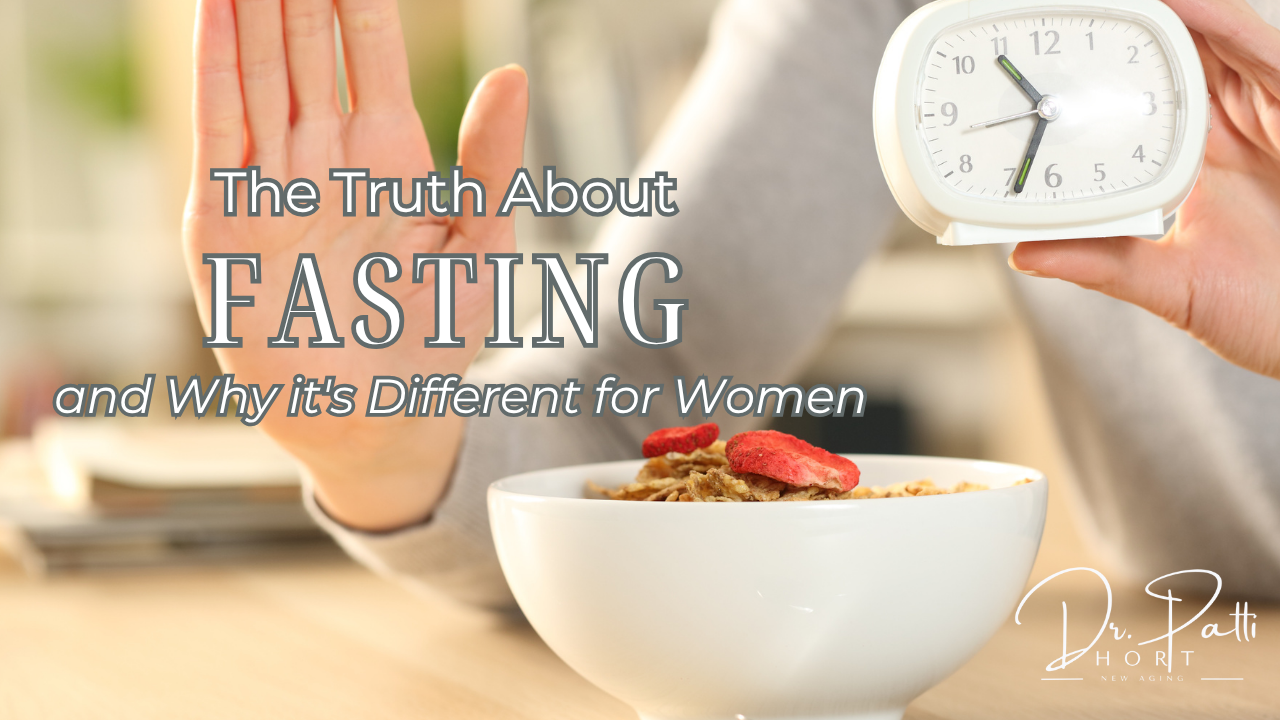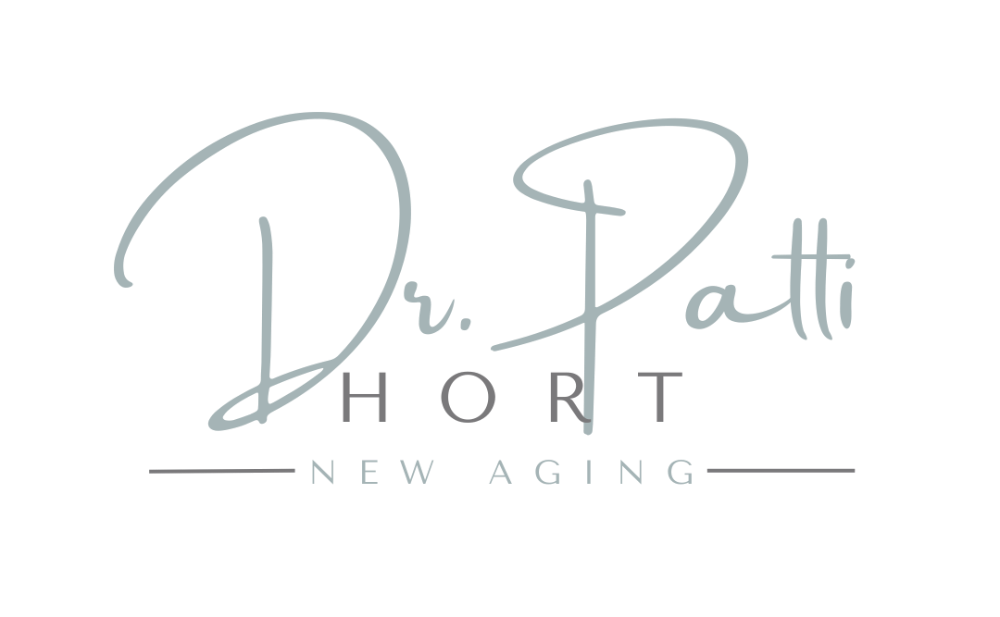The Truth about Fasting - and Why it's Different for Women
Nov 03, 2025
Have you tried Intermittent Fasting yet? If you have seen me in my practice, you know I am a strong advocate for Intermittent Fasting and fasting for overall health when it’s done properly. I live a fasting lifestyle and I make it fit my life. It’s easy, it’s free and for me it was one of the best ‘health habits’ I have incorporated.
For decades, we’ve been told that the secret to staying healthy and energized is to eat small, frequent meals throughout the day. It sounds logical — constant fuel equals steady energy, right? But groundbreaking research now shows that this “always eating” approach might actually be keeping your body from turning on one of its most powerful built-in repair systems.
Your body is designed to run on two different fuel systems.
When you eat constantly, you only use one — glucose (sugar). But when you give your body a break between meals, you allow it to flip a critical “metabolic switch” and start burning its other fuel source — stored fat.
This metabolic switch is more than a fat-burning tool — it’s a signal for your body to begin a deep process of cellular repair and stress resistance. It’s the moment your body goes from “busy digesting” to “actively healing.”
A landmark 2019 review published in The New England Journal of Medicine revealed just how powerful this process can be. Researchers found that intermittent fasting:
- Improves insulin sensitivity, helping balance blood sugar
- Lowers blood pressure
- Reduces resting heart rate, supporting long-term cardiovascular health
- Enhances brain plasticity, supporting memory and mental clarity
For anyone who wants to live a long, healthy life — especially women in perimenopause — this is a profound insight. By simply changing when you eat, you can unlock your body’s natural repair system, supporting longevity and vitality from the inside out.
And here’s something we can’t ignore:
Fasting for women is not the same as fasting for men.
Most of the early fasting research was done on men or postmenopausal women — not women with cycling hormones. But women’s bodies are uniquely sensitive to both food availability and stress. That means fasting the “same way every day” can actually backfire — leading to hormone imbalances, fatigue, or poor recovery if not done correctly.
That’s why I teach women how to match their fasting rhythm to their cycle and their hormonal needs.
When you learn how to fast in sync with your body, it becomes a tool for healing, not depletion. It supports your energy, hormones, and metabolism instead of working against them.
So if you’ve ever wondered why fasting feels amazing for some people but exhausting for you — you’re just haven't found the right formula. And we can find it together just for you — your body, your hormones, your life stage.
Because fasting isn’t about restriction.
It’s about rhythm.
And when your fasting rhythm supports your hormones — that’s when the magic happens.
Source: de Cabo, R., & Mattson, M. P. (2019). “Effects of Intermittent Fasting on Health, Aging, and Disease.” The New England Journal of Medicine, 381(26), 2541–2551.
SUBSCRIBE TO GET MORE BLOG POSTS!
Subscribe to join the New Aging Community and get free resources, course information and more!
We hate SPAM. We will never sell your information, for any reason.

